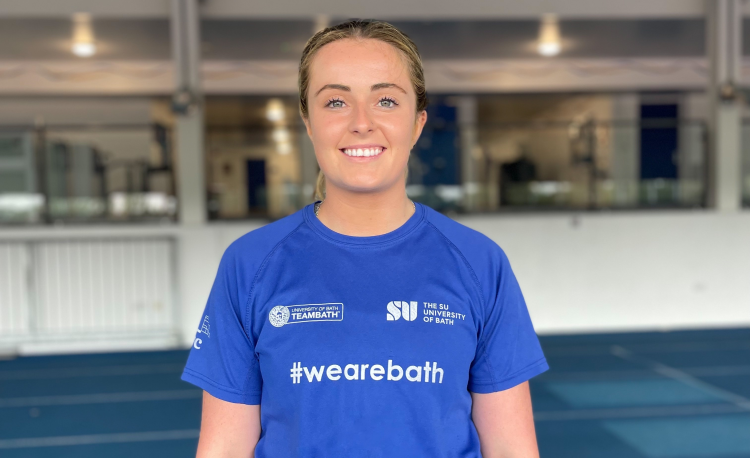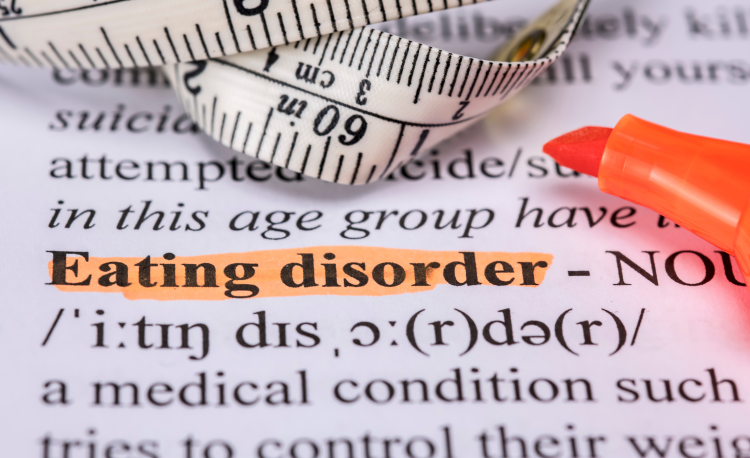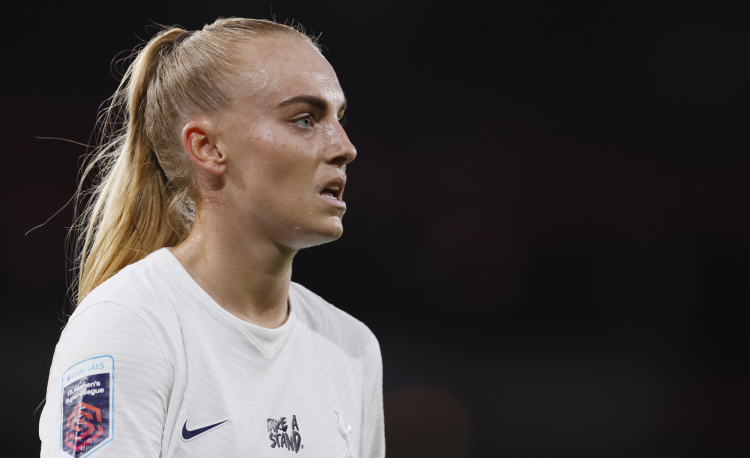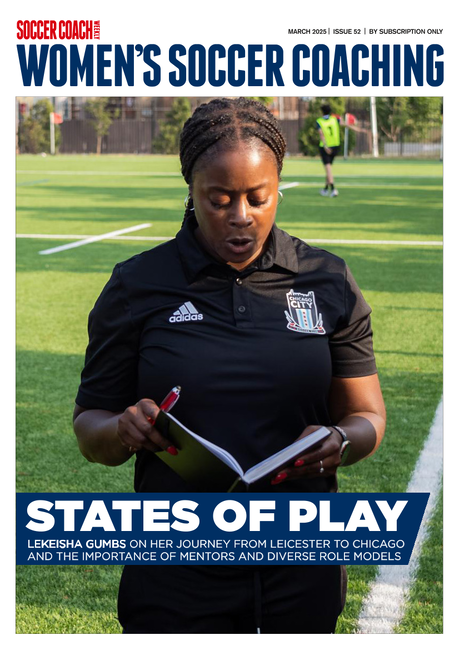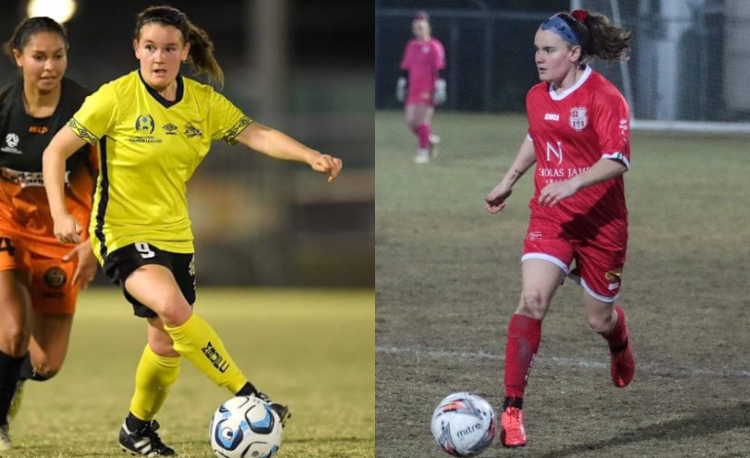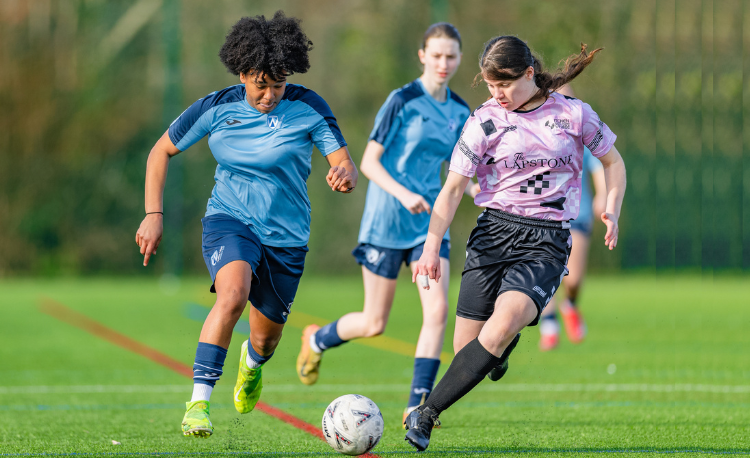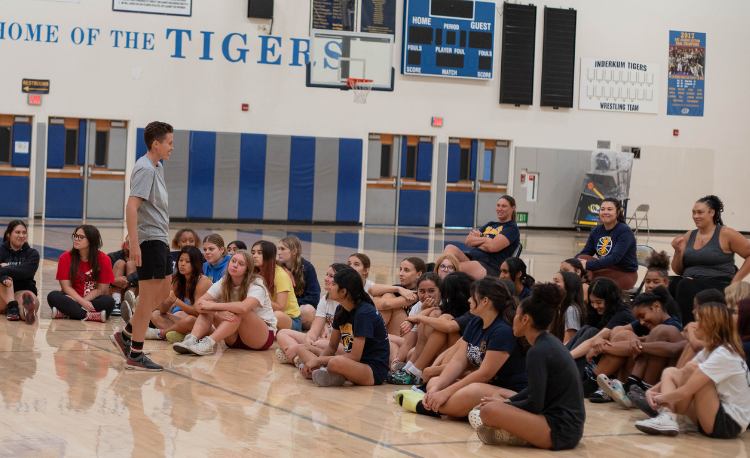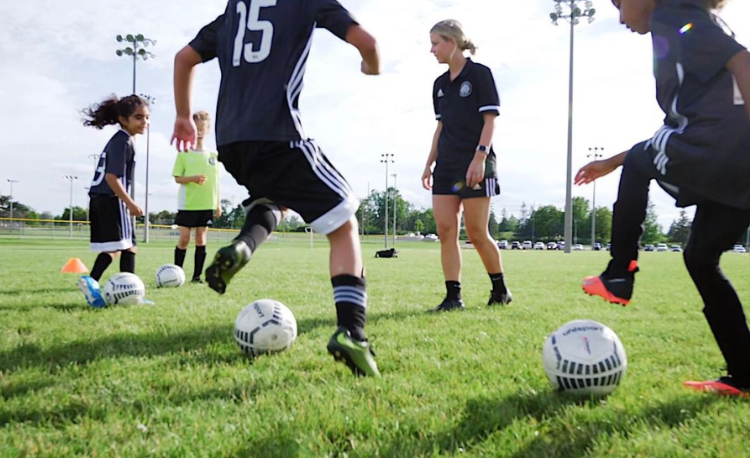You are viewing
1 of your 3 free articles
Eight tips for having a tricky conversation about disordered eating
How to best go about discussing concerns about disordered eating with a player.
If you are working with an athlete who you believe may be struggling with disordered eating, or have an eating disorder, then you may want to have a conversation with them.
Any discussion should be built on a healthy, positive environment. There are a few ways you can facilitate this:
- Educate yourself: When the players and the team-behind-the-team have education at a level appropriate for them, talking about nutrition, mental health and eating disorders comes from a basis of knowledge. Being educated as a coach can also help open up conversations with less awkwardness.
- Support athletes with all body types who are healthy: In a healthy team, everyone will look different at their ‘strongest’. When future players see healthy role models of different builds and backgrounds, there is less pressure to feel that they should be a carbon copy of someone else who has an entirely different make-up.
- Build relationships with your players: A good relationship with trust can encourage the athlete to discuss their attitude to food, their bodies and performance.
On the foundation of this environment, you can look to approach a conversation with an individual you may have concerns for. The following tips will help you to navigate it.
01 PICK YOUR MOMENT
Make sure the conversation is at a time when the player is relaxed and doesn’t feel ambushed or under pressure. They will likely be more open to having a discussion.
02 don’t force it
Find time to speak with the athlete but don’t force a conversation. Players can feel shame around eating behaviours so it is important to approach the subject sensitively.
03 Ask open questions
These will encourage the athlete to share how they might be feeling or what they might be thinking - closed questions, by contrast, often come with assumptions.
04 USE LANGUAGE CAREFULLY
Avoid making the player feel they have to hit numbers on a scale, and don’t use judgemental terms like ‘fat’ or ‘thin’.
05 be honest
If you think the athlete’s eating behaviour is placing them at risk, be honest. If you feel they should not train, it is okay to tell them this with kindness and make sure they know they have your support.
06 listen
And also don’t be taken aback if the athlete is emotional when they talk about their experience. Don’t rush to judgement on it being disordered eating until you have listened to the athlete. Be aware an athlete with an eating disorder may deny this.
07 Be open to other explanations
Remember some physical illnesses can cause weight loss. As and when appropriate, make sure the athlete knows where to find medical support and is encouraged to find this.
08 let the player bring support
If you need to ask personal questions, make sure that you ask the athlete if they’d like someone else they trust with them.
Another conversation you may have to have is one with a player returning following recovery from an eating disorder.
An athlete returning to sport might notice their body feels different and it will take time to regain confidence, or perhaps even gain confidence in their body for the first time.
When speaking to these athletes, reassure them. Remind them that a healthy body is the only type that will become strong, fast and skilled. Most of all, let them know that you are there to support as needed.
Related Files
Newsletter Sign Up
Newsletter Sign Up
Discover the simple way to become a more effective, more successful soccer coach
In a recent survey 89% of subscribers said Women's Soccer Coaching makes them more confident, 91% said Women's Soccer Coaching makes them a more effective coach and 93% said Women's Soccer Coaching makes them more inspired.
*includes 3 coaching manuals
Get Inspired
All the latest techniques and approaches
Women's Soccer Coaching offers proven and easy to use soccer drills, coaching sessions, practice plans, small-sided games, warm-ups, training tips and advice.
We've been at the cutting edge of soccer coaching since we launched Soccer Coach Weekly in 2007, creating resources for the grassroots youth coach, following best practice from around the world and insights from the professional game.

